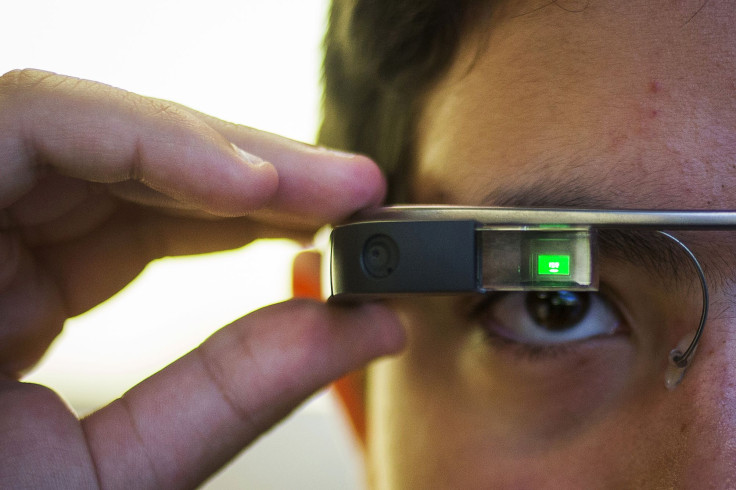Google Glass Shuts Down Social Media Accounts

Google shut down social media accounts of its wearable headset Google Glass over the weekend, ending its support of the internet-linked eyeglasses in its current avatar. The search giant deleted the product's official Twitter and Facebook pages, while its Google Plus page was emptied with just a link to a new customer support page.
"Hi Explorers, we've had a blast hanging out with you on G+ throughout the Explorer Program," a statement on the Google Plus page reportedly said.
Google had stopped selling Glass in January last year after low consumer interest and the company itself acknowledged that it was time to shift its strategy. The head of the Google X research lab, Astro Teller, reportedly said that the hype around the four-year-old $1,500 device became overblown considering it was merely a prototype and not a finished product.
The device, which allows users to access email messages on its eye-level screen and to record video with a tiny camera, was greeted with enthusiasm from tech aficionados initially but later ran into a slew of technical and social image problems. While some expressed concern that it could be used to take videos secretly, others made fun of its appearance. Wearers of the product were also mockingly referred to as “Glassholes.”
However, Google has revamped its Glass team in the past one year, after former Apple engineer and one of the creators of the iPod, Tony Fadell, took over the product in early 2015 and said it would receive a redesign "from scratch."
Since then, Google has filed for new equipment authorization by the U.S. Federal Communications Commission for an augmented eyeglasses technology, made public in late December. While Google is yet to formally announce the product, company insider blog 9to5Google reported that the next version of Glass will focus on business-based functions. The device will supposedly only be sold through the "Glass for Work" program, and businesses will be expected to load custom software on the device.
© Copyright IBTimes 2025. All rights reserved.





















